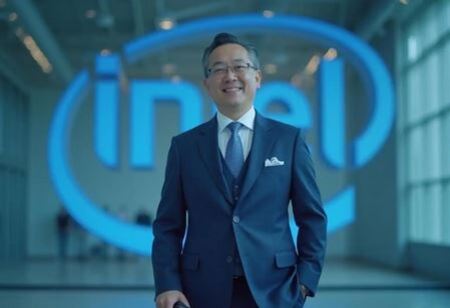
US Lawmaker Questions Intel CEO's Ties to China


In a letter to Intel's board chair, US Republican Senator Tom Cotton raised concerns regarding the company's incoming CEO, Lip-Bu Tan, his connections to Chinese companies, and a recent criminal case involving his former company, Cadence Design.
Cotton wrote to Intel chairperson Frank Yeary to "express concern about the security and integrity of Intel’s operations and its potential impact on US national security." Cotton asked if the board knew about the subpoenas sent to Cadence while Tan was CEO of the company before Intel hired him. Cotton inquired about the steps taken to allay those worries.
Additionally, he questioned whether Tan was required by Intel's board to divest from Chinese chip companies associated with the Chinese military or Communist Party, and whether Tan had disclosed other ties to Chinese companies sufficiently because of Intel's participation in the Secure Enclave program, which was created during the Biden administration to guarantee a secure supply of defense-related microelectronics.
Also Read: Japan, Australia, US Leaders Envision Powerful Defense Research Goals
“Intel is required to be a responsible steward of American taxpayer dollars and to comply with applicable security regulations,” Cotton wrote. “Mr. Tan’s associations raise questions about Intel’s ability to fulfill these obligations.”
Cotton questioned Yeary in the letter over Tan's disclosures regarding investments, professional roles, or other ties to Chinese enterprises because Intel received federal financing under the project.
Unless a company has been added to the US Treasury's Chinese Military-Industrial Complex enterprises List, which specifically prohibits such investments, it is permissible for U.S. individuals to own stock in Chinese enterprises, even those with military ties. In April, Reuters discovered no proof that Tan had a direct investment in any of the businesses listed by the US Treasury.
Also Read: How South Korean Leaders Are Mastering Air Mobility Innovations
According to sources, Cadence Design also agreed to pay over $140 million and enter a guilty plea last week to settle accusations related to selling its chip design products to a Chinese military institution. It was thought that the organization was involved in nuclear blast simulation.
Cadence expressed its satisfaction at reaching agreements with the Justice and Commerce departments in a filing with the Securities and Exchange Commission.
Tan served as executive chairman until May 2023 and as CEO of Cadence from 2008 to 2021. Under his direction, Cadence, a manufacturer of design software and other technologies used to fabricate chips, made sales to Chinese companies.

